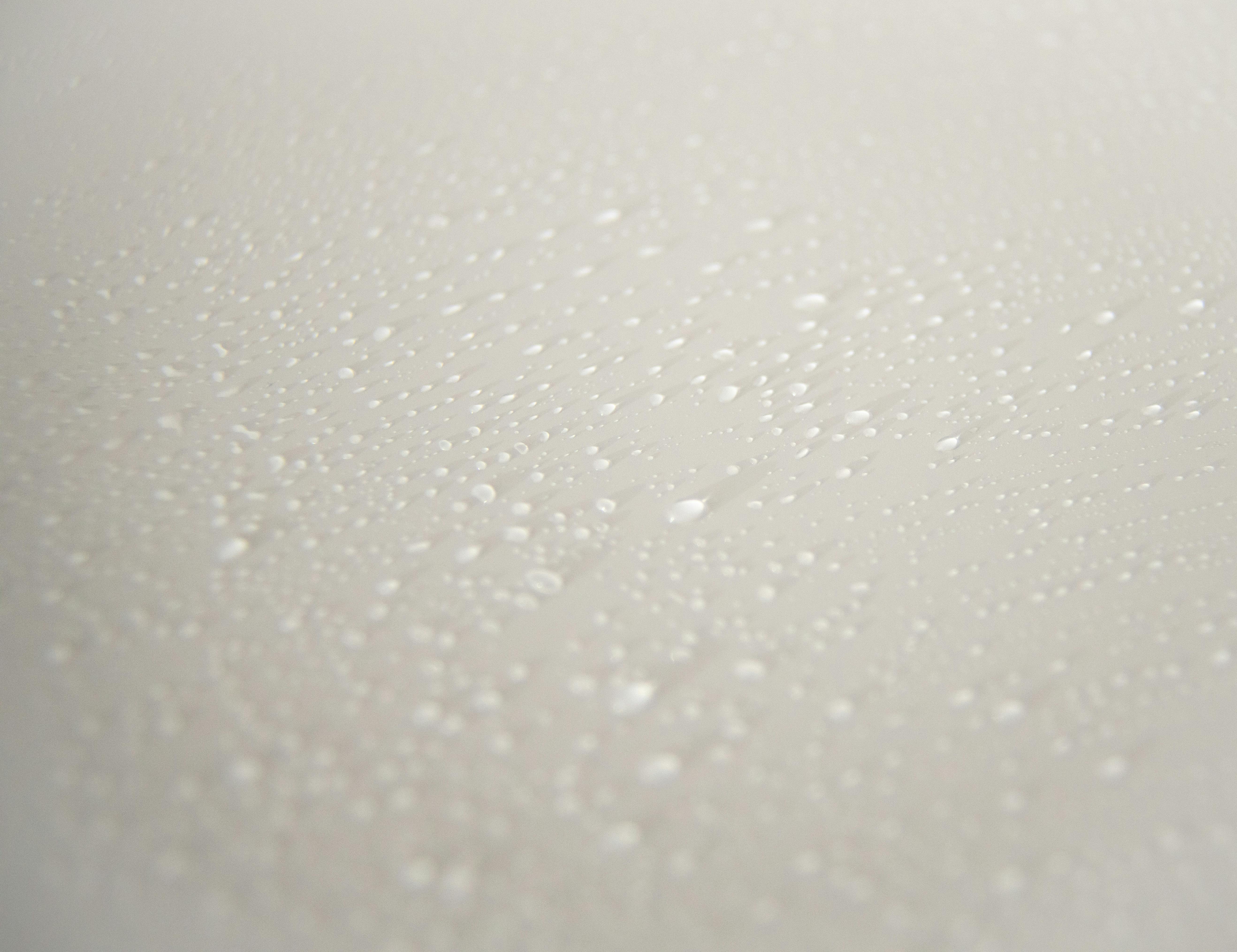Distilled water is a type of purified water that has had impurities, such as minerals, removed from it. It is created by boiling tap water until it evaporates and then collecting the resulting vapor. This process creates a much purer form of water than what comes out of the tap. Distilled water does not contain any of the minerals or contaminants that are often found in tap water and it is considered to be one of the purest forms of drinking water available.Distilled water is water that has been purified through a process of distillation. This process involves boiling the water and then condensing the steam into a clean container, leaving impurities behind. Distilled water is considered one of the purest forms of water available, as it does not contain any minerals or contaminants. It is often used in medical and scientific applications, as well as for drinking and cooking.
What Is Tap Water?
Tap water is a type of water that is supplied to households, businesses, and other establishments through a network of pipes connected to a municipal water system. The water comes from sources such as rivers, lakes, or reservoirs, and is treated to meet safety standards before being distributed. Tap water is generally safe to drink, but it can contain contaminants such as arsenic, lead, nitrates, or bacteria which can pose a health risk. In most cases, drinking tap water is the most cost-effective way to get clean drinking water.
Tap water also has many advantages beyond just its affordability. It often contains fluoride which helps protect against tooth decay and other minerals which can benefit health. It also eliminates the need for buying plastic bottles which are not only more expensive but also have an environmental impact due to their production and disposal process.
In some cases, tap water may not be safe for drinking due to contamination from industrial pollutants or agricultural run-off. In these situations it is important to use an alternative source of drinking water such as bottled or filtered water until the tap water is found to be safe again.
How Is Distilled Water Different From Tap Water?
Distilled water is a type of purified water that has had both contaminants and minerals removed. It is created by a process of distillation, which involves boiling the water and then condensing the steam into a clean container. The end result of this process is pure H2O with no minerals or contaminants. Tap water, on the other hand, is simply treated groundwater. It may contain traces of minerals from the earth, as well as chemicals used in the treatment process such as chlorine and fluoride. These can be beneficial for health in some cases, but may cause harm to some people if consumed in high concentrations.
The main difference between distilled and tap water lies in their mineral content. Distilled water has no mineral content whatsoever, while tap water may contain trace amounts of calcium, magnesium, potassium, and sodium. This means that distilled water offers none of the health benefits associated with drinking mineral-rich waters. On the other hand, tap water can provide essential nutrients needed for good health such as calcium and magnesium. For this reason, it is often recommended to drink tap water instead of distilled when possible.
<
Advantages of Drinking Distilled Water
Drinking distilled water is beneficial for our health in more ways than one. The main advantage of drinking distilled water is that it is free from any contaminants including biological, chemical, or physical impurities. Distilled water has virtually no minerals or trace elements, making it safe for people who may be sensitive to these kinds of substances. It also does not contain chlorine or other disinfectants which can be harmful to our health.
Another advantage of drinking distilled water is its taste. Distilled water has a very pure and clean taste, unlike tap water which can often have an unpleasant odor or taste. This makes it more pleasant to drink, especially when compared to tap water that may contain a variety of impurities or contaminants.
Finally, distilled water is very affordable and easy to obtain. Most stores carry it in both large and small containers, making it an ideal choice for those who want to ensure they are drinking clean and healthy water without breaking the bank. It can also be easily filtered at home if desired, further ensuring its purity and safety.
The Disadvantages of Drinking Distilled Water
Distilled water has become increasingly popular in recent years due to its purity and lack of contaminants. However, there are some potential drawbacks to be aware of when it comes to drinking distilled water. While distilled water has many benefits, it also has some disadvantages that should be taken into consideration.
First, distilled water does not contain any minerals. Minerals are essential for a healthy body, as they help regulate bodily processes and provide important nutrients like calcium and magnesium. Without these minerals, distilled water does not provide the same health benefits as regular tap or spring water.
Another disadvantage of drinking distilled water is that it can leach minerals from the body. Because it does not contain any minerals, when consumed regularly, distilled water can draw minerals out of the body’s tissues and bones. This can lead to mineral deficiencies over time if the diet is lacking in other sources of these important nutrients.
Finally, drinking too much distilled water can lead to dehydration since the body is unable to absorb it as quickly as regular tap or spring water. This can cause symptoms such as headaches and fatigue due to not having enough

What is Distillation?
Distillation is a process of separating liquids from a mixture based on their different boiling points. This process can be used to purify liquids, separate two or more immiscible liquids, or concentrate solutions. It works by heating a mixture of liquids to its boiling point and then collecting the vapors which contain the more volatile components of the mixture. The vapor is then condensed and collected in a separate container.
How Does Distillation Work?
Distillation works by taking advantage of the different boiling points of various components within a mixture. When heated, the components with lower boiling points evaporate first and form vapor which is then cooled and condensed back into liquid form. The components with higher boiling points remain in liquid form for longer and are collected in another container. Depending on the complexity of the mixture, multiple distillations may be required to separate out each component. Distillation can also be used to purify liquids by removing any impurities that have higher boiling points than the desired liquid.
Does Distillation Remove Chemicals From Water?
Yes, distillation is an effective way to remove chemicals from water. The process works by boiling the water and then collecting the resulting vapor. This vapor is then condensed back into a liquid, which is then collected in a separate container. The process of distillation removes dissolved solids, minerals, and other contaminants from the water. It also eliminates bacteria, viruses, and other microorganisms that can cause illness. Distilled water is often used for drinking or industrial purposes where clean water is required. It can also be used to make sure that the water used in products such as medicines or cosmetics is free from impurities.
The process of distillation has been used for centuries to purify drinking water and make it safe for human consumption. It has proven to be effective at removing many different types of chemicals and contaminants from water. In addition, it can also remove organic compounds such as pesticides, herbicides, and volatile organic compounds (VOCs). These compounds can have adverse health effects if consumed in large quantities over time.
When selecting a method for purifying water, distillation should be considered
Is Distilled Water Safe To Drink?
Distilled water is considered safe to drink for most people. It is free from minerals and chemicals which makes it much purer than tap or spring water. Although the process of distillation removes most contaminants, there are still some that can remain. These include pollutants like heavy metals, microorganisms, and trace amounts of pharmaceuticals. Therefore, it is important to make sure the distilled water you buy meets purity standards set by your local health department or other governing body.
Distilled water can be used for a variety of purposes including drinking, cooking, and cleaning. It is also often used in medical treatments as it is free from most contaminants that could interfere with treatments or medications. In addition to being safe for consumption, distilled water has many other benefits. For example, it does not contain any impurities that can clog your pipes or leave behind residue on dishes and laundry.
Overall, distilled water is safe to drink as long as it meets purity standards set by local health departments or other governing bodies. It is free from most contaminants and provides many benefits such as not clogging pipes or leaving residue on dishes and laundry.

Conclusion
Distilled water is a type of purified water that has had both contaminants and minerals removed. It is widely used as a component in medical treatments as well as for industrial and laboratory processes. Distilled water is different from tap water in that it has been processed to remove impurities, leaving only pure H2O molecules. It does not contain any harmful substances such as chlorine or bacteria, making it safer than regular tap water for consumption. Additionally, distilled water does not have any minerals or other additives that can change the flavor of the beverage or cause health problems. While distilled water may be more expensive than tap water, its purity makes it worth the cost for those who want to ensure they are drinking clean and safe water.
In summary, distilled water offers many benefits over regular tap water due to its highly purified nature. Its lack of contaminants and minerals make it safer for consumption than regular tap water and also offers a more neutral taste. Despite its higher cost, many people prefer distilled water over regular tap due to its purity and safety standards.

